-
ACHILLES project: Simplifying EU AI Act compliance for greener, trustworthy AI
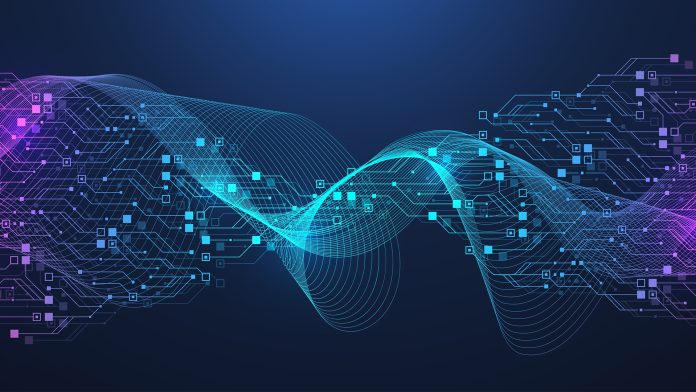
The ACHILLES project helps organisations translate the EU AI Act principles into lighter, clearer, safer machine learning across domains. The EU’s AI Act is now in countdown mode. The first bans and transparency duties took effect in early 2025 and August, respectively, and full obligations for high-risk systems are scheduled to arrive in August 2026…
-
Meet Your New Digital Coworker: The AI-Powered Intranet
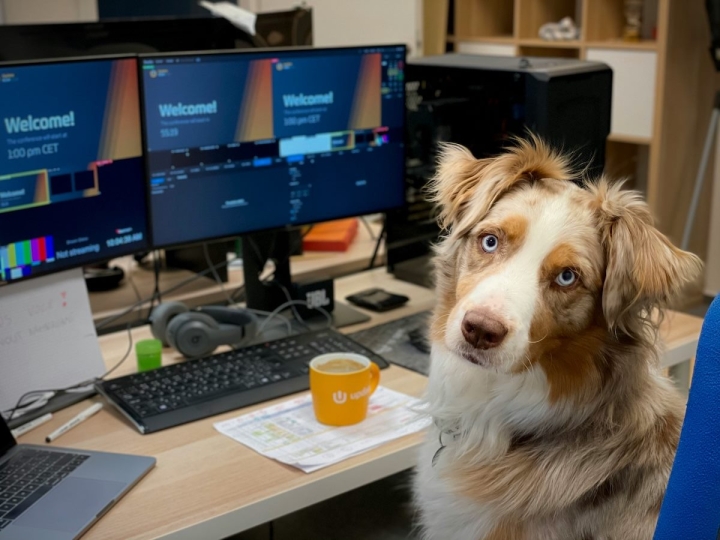
FeatureMeet Your New Digital Coworker: The AI-Powered Intranet The traditional intranet is changing. It is no longer just a static repository. Intranets are evolving into intelligent, personalized digital assistants using artificial intelligence (AI). The shift is more than a technology upgrade — it’s a strategic evolution as organizations adapt to hybrid workforces and battle information…
-
Next-generation perfume design: AI makes custom scents possible
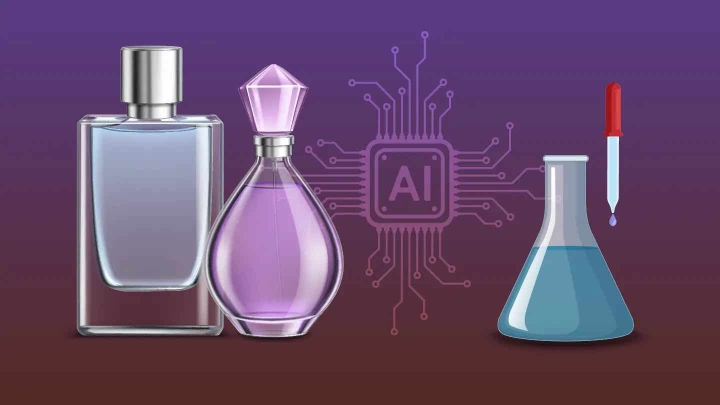
AI fragrance model creates custom scents using essential oils and mass spectrometry for fast, scalable aroma design. (CREDIT: Institute of Science Tokyo) Creating the perfect scent has long been an art. From perfumes to food products and even household cleaners, fragrances shape how people experience the world. But behind every new scent is a process…
-
Ancient DNA reveals 2,500 years of human movement and change in the South Pacific

AI-backed research reveals Papua New Guineans’ shared ancestry with Asians, not an early African migration as once thought. (CREDIT: Vika Chartier on Unsplash) Across the South Pacific, tucked between rainforests and volcanic mountains, Papua New Guinea holds one of the most genetically unique populations in the world. Long isolated from the rest of humanity, Papua…
-
Human vs AI Music: Study Reveals Surprising Emotional Reactions

AI-generated music excites listeners but also demands more brainpower, study finds. (CREDIT: CC BY-SA 4.0) Generative artificial intelligence is changing how music is created, experienced, and understood—especially in film and video. A new study asks a bold question: Can music made by machines move people the same way as music written by human hands? This…
-
How Legal Professionals Are Actually Using Generative AI

FeatureHow Legal Professionals Are Actually Using Generative AI With stories like the lawyer who used ChatGPT to create a brief, but didn’t check the legal precedents the system made up before submitting it to a judge, it’s not surprising that the legal industry is leery about using AI. But an increasing number of legal professionals…
-
Rod Stewart Catching Heat For Using AI Video Of Ozzy Osbourne And Other Dead Music Icons Taking Selfies

Audio By Carbonatix Rod Stewart is catching heat for using AI-generated video of Ozzy Osbourne and other dead music icons during concerts on his One Last Time tour. While on has to assume it’s being done as some sort of tribute to fallen legends, the way it’s being done has left many fans feeling like…
-
From data to discovery: How artificial intelligence could accelerate our understanding of nuclear molten salt chemistry
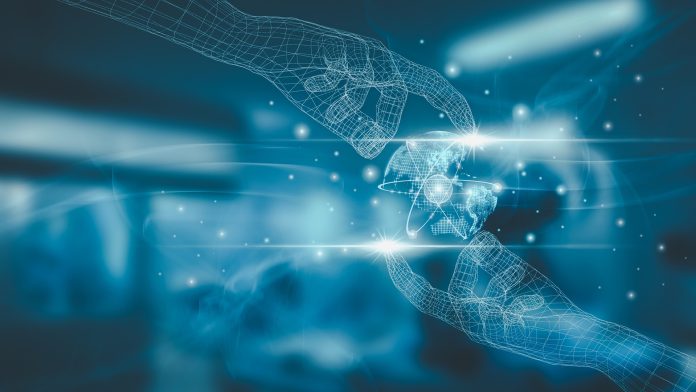
Artificial intelligence can enhance research in nuclear molten salt chemistry by predicting experimental outcomes rapidly and efficiently, ultimately reducing the time and cost associated with traditional experimentation methods. Imagine walking into a laboratory and knowing the outcome of an experiment before even performing it. What about a hundred experimental outcomes? A thousand? How would that…
-
The EU AI Act: A step in the right direction, or an uneven playing field?
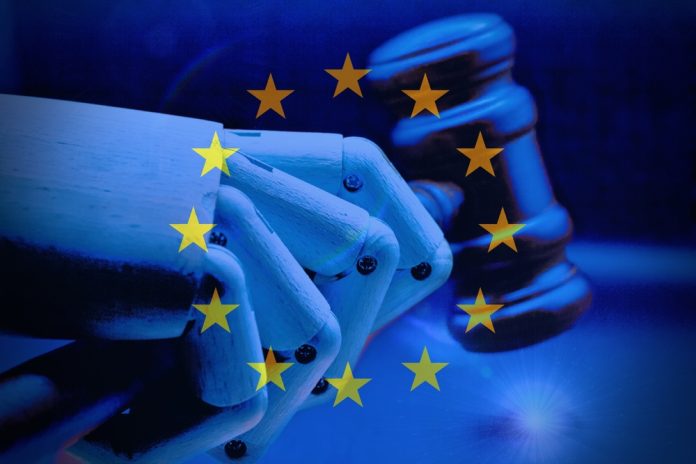
The EU Artificial Intelligence Act is a set of regulations designed to categorise and govern the development of AI within the EU based on specific levels of risk. The primary aim of this EU AI Act is to ensure AI systems are safe and secure and promote trustworthy AI development – but is the desired…
-
New AI tool revolutionizes the way scientists diagnose and treat diseases tied to protein clumping
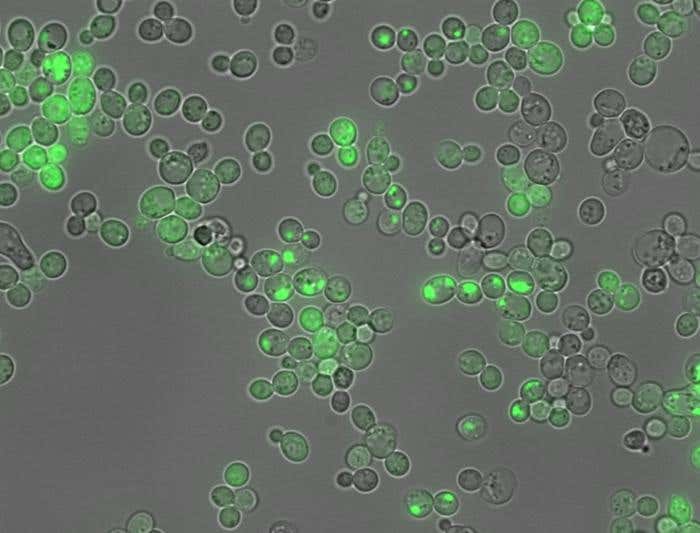
New AI tool CANYA helps scientists decode protein clumping, advancing treatment for diseases like Alzheimer’s and drug development. (CREDIT: Benedetta Bolognesi/IBEC) A new AI tool called CANYA may change the way scientists understand and treat over 50 diseases tied to protein clumping, including Alzheimer’s. Created by researchers from the Centre for Genomic Regulation and the…
